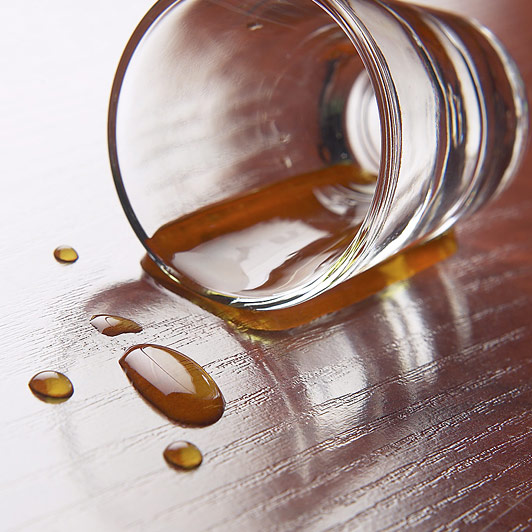
MONDAY, Feb. 24, 2014 (HealthDay News) — A legal drinking age of 21 saves lives. And demands by some to lower the age limit should be ignored, a new review says.
Researchers examined studies conducted since 2006 and found that a minimum drinking age of 21 is associated with a reduced rate of drunk driving crashes among young Americans. That age limit also lowers young people’s risk of other health threats associated with heavy drinking, such as dating violence, unsafe sex and suicide.
One study found that in 2011, 36 percent of U.S. college students said they’d gone binge drinking (five or more drinks in one sitting) within the past two weeks. That compared with 43 percent of college students in 1988, the first year that all states had a legal drinking age of 21. The decrease in binge drinking among high school seniors was even larger, from 35 percent to 22 percent.
The review was published in a special supplement in the March issue of the Journal of Studies on Alcohol and Drugs.
“The evidence is clear that there would be consequences if we lowered the legal drinking age,” lead researcher William DeJong, of Boston University School of Public Health, said in a journal news release.
In recent years, some groups have been trying to get the drinking age lowered. One argument used by proponents of a lower legal drinking age is that many young people break the law and drink anyway.
But these new findings show that an age-21 drinking law does have a positive effect, said DeJong, who added that tougher enforcement of the limit, not a lower legal drinking age, is what’s needed.
Studies have shown that student drinking declines when college towns boost enforcement of the law and warn students about the crackdown.
“Some people assume that students are so hell-bent on drinking, nothing can stop them. But it really is the case that enforcement works,” DeJong said.
More information
The U.S. National Institute on Alcohol Abuse and Alcoholism has more about alcohol policy.
Copyright © 2026 HealthDay. All rights reserved.

